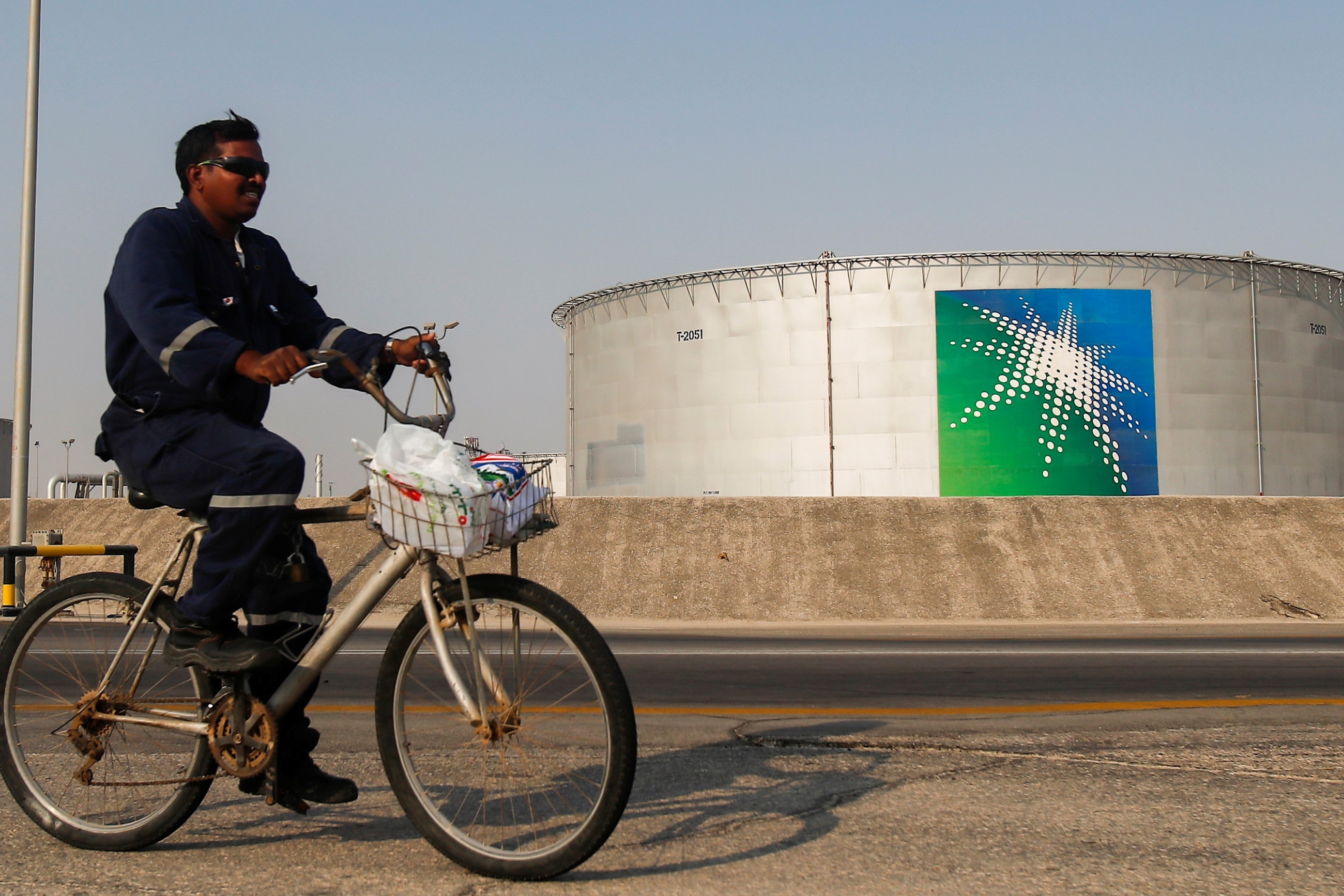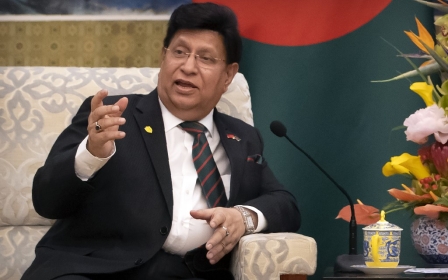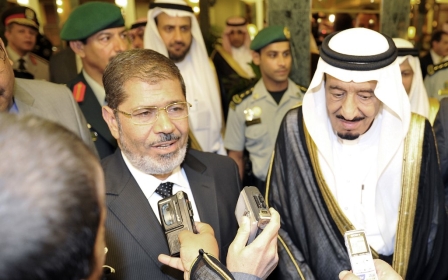Saudi Arabia set to proceed with Aramco IPO: Reports

The long-awaited initial public offering (IPO) for Saudi Arabia's state-owned oil company, Aramco, will proceed after an announcement on Sunday, Reuters and AFP news agencies reported on Friday.
Citing five sources familiar with the plans of Crown Prince Mohammed bin Salman, Reuters said the kingdom will make an intention to float (ITF) announcement on Sunday, kickstarting the process to sell as much as 5 percent of the company to investors.
Saudi officials have been meeting with top executives and investors to achieve a $2 trillion valuation of Aramco that bin Salman is seeking.
"A valuation closer to $1.5 trillion is more likely, with wealthy Saudi families the main investors in the IPO," Reuters reported, citing its sources.
Friday's report comes days after Saudi Arabia hosted a major investment conference known as "Davos in the desert".
Bin Salman plans to use the revenues from the sale to finance his Vision 2030 - a plan to diversify the Saudi economy, which has been reliant on oil income.
Concerns
The IPO has been postponed in the past, as economists voiced concerns over lack of transparency in the kingdom.
Andrew Lebow, senior partner at Commodity Research Group, said going public will force the oil company to answer to shareholders for the first time.
"Certainly Aramco is much more transparent that they have ever been, but whether we are going to see the financials with full clarity is an open question," Lebow told AFP.
It was not clear where Riyadh plans to list the shares, but the Financial Times reported in 2017 that lawyers had warned Saudi Arabia against the New York Stock Exchange, where the kingdom may be vulnerable to lawsuits.
In 2016, the US Senate overruled then-President Barack Obama to pass the Justice Against Sponsors of Terrorism Act (JASTA), a law allowing civil lawsuits by victims of "international terrorism" to proceed in US courts against sovereign states.
The bill opened the door for the families of the 9/11 victims to go after Saudi Arabia over its alleged role in the attacks.
Questions also persist over the kingdom's political stability. In November 2017, bin Salman imprisoned dozens of businessmen and royal family members, including global investor Al-Waleed bin Talal, forcing them to give up billions of dollars for their freedom.
The kingdom portrayed the purge as an anti-corruption drive, but critics said the campaign was to tighten the crown prince's grip on power.
Moreover, in September, major Saudi oil facilities were attacked, costing Riyadh $2bn in crude production in the aftermath of the incident, according to a report by the Financial Times published last month.
Yemen's Houthi rebels claimed responsibility for the attack, but the United States and Saudi Arabia have blamed Iran.
Middle East Eye delivers independent and unrivalled coverage and analysis of the Middle East, North Africa and beyond. To learn more about republishing this content and the associated fees, please fill out this form. More about MEE can be found here.





